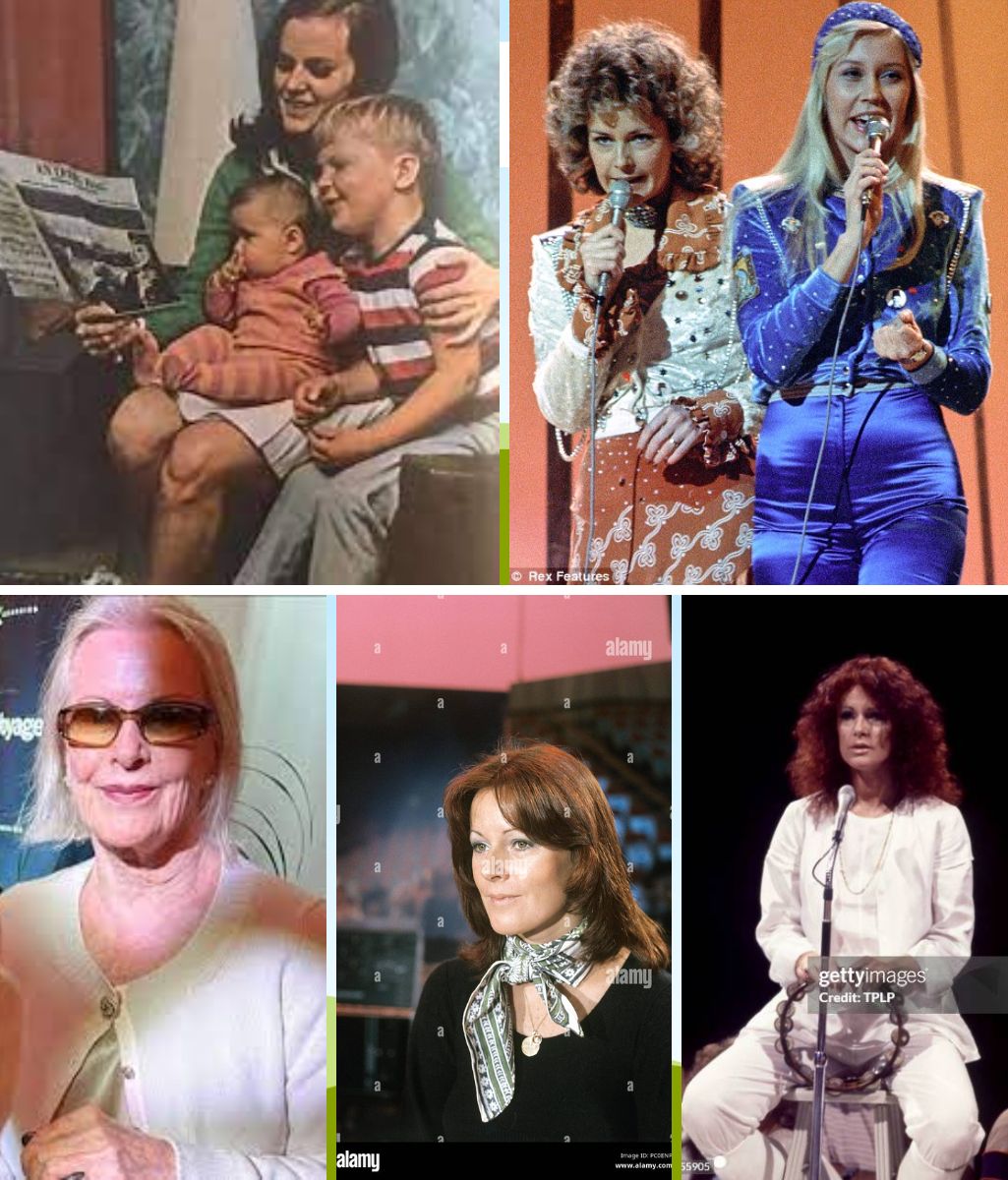
BREAKING NEWS: ABBA’s Anni-Frid Lyngstad Reveals the Forgotten Night Fear Stole Her Voice Before Thousands
SWEDEN — The story of ABBA is one of dazzling triumphs, record-breaking hits, and worldwide adoration. Yet this week, Anni-Frid Lyngstad — the singer beloved for her powerful voice and striking stage presence — has revealed a memory from the group’s golden years that was far from glamorous. For the first time in many years, she spoke openly about a night when fear silenced her voice before thousands of expectant fans.
To the world, Anni-Frid Lyngstad, known fondly as Frida, was the embodiment of confidence. Her rich vocals on songs such as “Fernando,” “Knowing Me, Knowing You,” and the unforgettable “Money, Money, Money” made her a global icon. But even for someone of her stature, the stage could at times become a place of overwhelming pressure rather than celebration.
Lyngstad described the incident as a “moment that has never left me.” It occurred during ABBA’s rise to international superstardom in the late 1970s, when the band was touring relentlessly. On one particular night, as the spotlight fell upon her, she felt a sudden, paralyzing sense of fear. Her voice, usually steady and commanding, refused to emerge. The audience waited, and for a few agonizing moments, silence filled the hall.
“I stood there, frozen,” she admitted. “I could hear the music playing, see the faces waiting, but my voice would not come. It was as if fear itself had stolen it away.”
For fans who saw her as untouchable, the revelation is both heartbreaking and deeply human. Frida explained that the moment passed quickly, and with encouragement from her bandmates — Benny Andersson, Björn Ulvaeus, and Agnetha Fältskog — she regained her voice and carried on with the performance. But the memory lingered. “It wasn’t the applause I remembered,” she said. “It was the silence — the terrifying quiet of those seconds when I felt I had nothing to give.”
Behind the glittering costumes and chart-topping singles, the toll of fame was immense. The relentless pace of concerts, recordings, and public appearances placed constant demands on all four members. For Frida, who had endured personal struggles earlier in life, that night became a reminder of how vulnerable even the most celebrated performers can be.
What makes her admission so poignant is the honesty with which she now embraces it. Rather than burying the memory, she has come to see it as part of her journey. “We are remembered for the music, but what made it real was that we were never machines,” she reflected. “We were human beings who sometimes stumbled, who sometimes feared, but always came back to sing again.”
Fans across the world have responded with admiration, noting that the revelation only deepens their respect. The image of Anni-Frid Lyngstad, not as a flawless star but as a woman who carried her fears onto the stage, resonates with audiences who have loved her for decades.
In truth, this forgotten night reveals not weakness but strength. The courage to return to the microphone, to face the audience again, and to continue giving her voice to songs that still echo across generations — that is the legacy Frida carries.
Even now, at 79, she remains a symbol not only of musical brilliance but of resilience. The night fear stole her voice has become part of her story, a reminder that the most powerful performances are not defined by perfection, but by authenticity. And perhaps it is this honesty — just as much as her music — that has ensured her place forever in the hearts of millions.